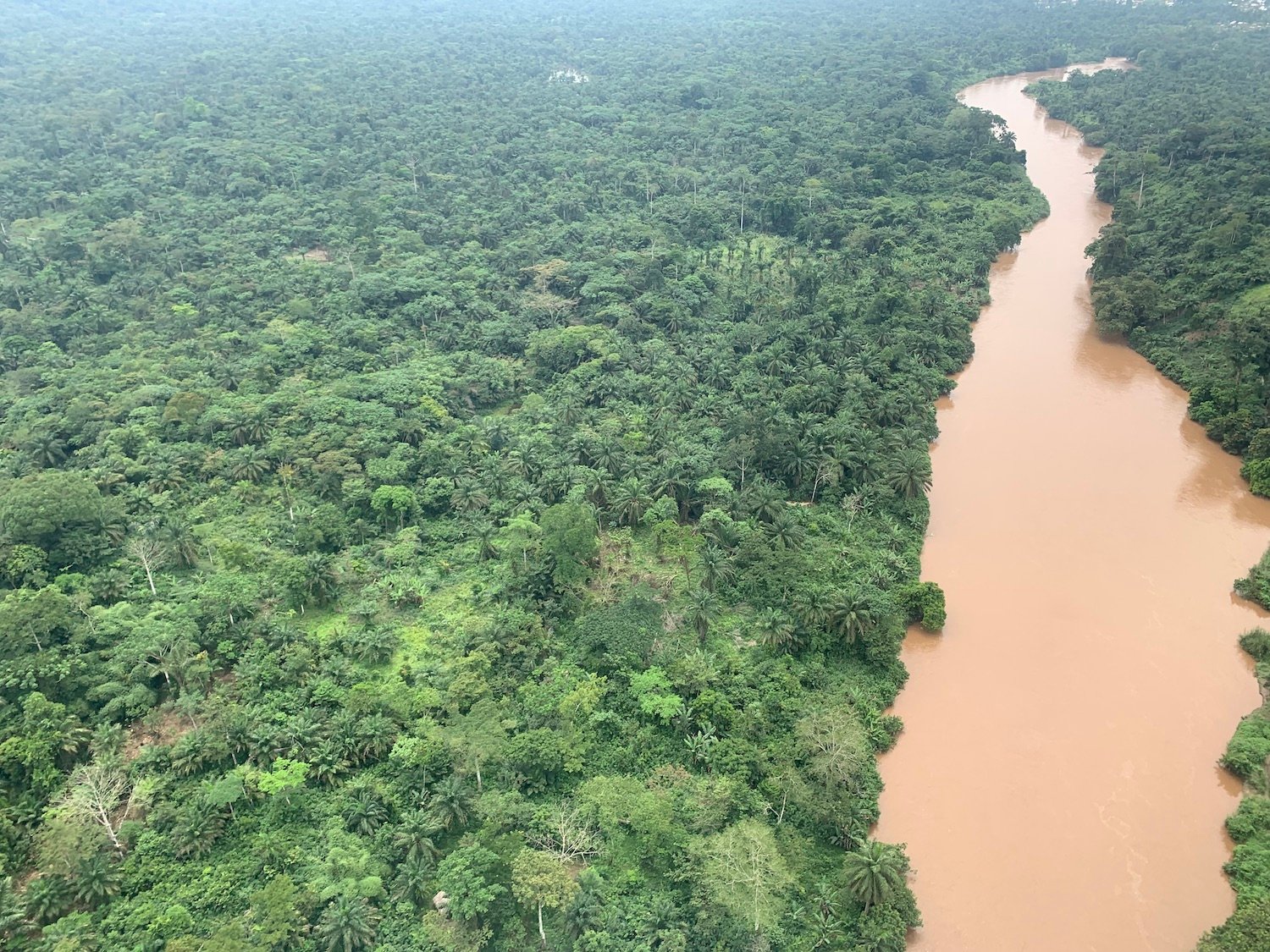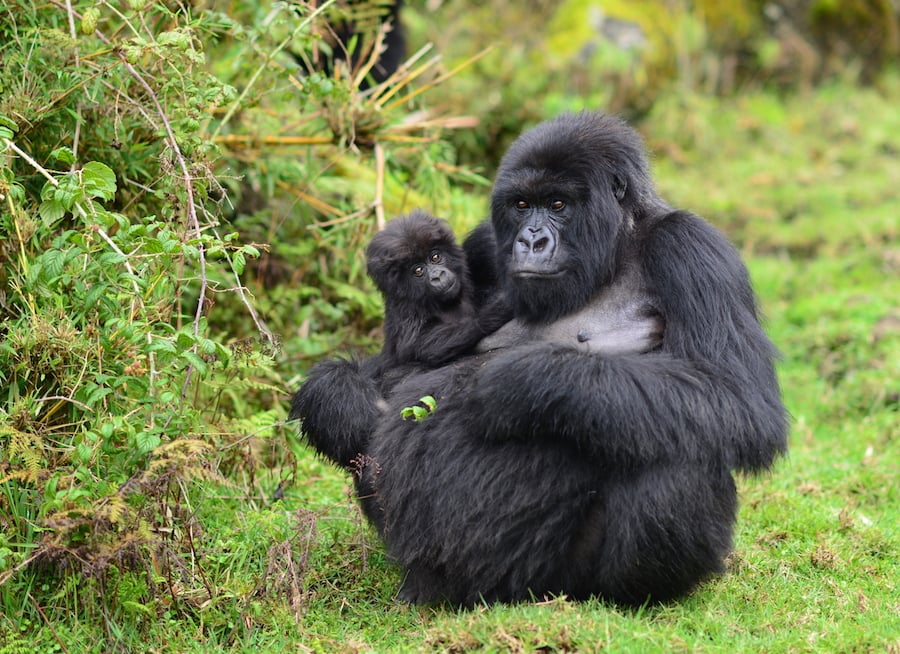A message from Dr. Tara Stoinski, president and CEO/chief scientist, the Dian Fossey Gorilla Fund
Last week’s news about the passing of the world’s last surviving male northern white rhino – named Sudan – was both deeply saddening and tragically important, as the species reaches the brink of extinction, with only two individuals left. This follows the extinction of other types of rhinos in recent years. Yet, at the beginning of the last century, there were an estimated 500,000 of these majestic and creatures, which had roamed the earth for millions of years.
In the same week, it seemed as though we might see dramatic funding cuts for key federal conservation programs, as was proposed in the administration’s initial budget presented to Congress. These programs, such as the Multinational Species Conservation Fund, provide significant grants to projects dedicated to the conservation of endangered species, including the critically endangered gorillas that the Dian Fossey Gorilla Fund has been saving successfully for more than 50 years.
And this follows the anticipated significant loss of support for nonprofits resulting from the tax reform bill passed by Congress at the end of last year. Because that bill doubled the standard deduction, significantly fewer people will now itemize their tax returns, and thus will not receive a tax break for charitable donations. This change is estimated to result in billions of dollars in lost donations to the nation’s nonprofits.
At a time when we are experiencing Earth’s sixth mass extinction and losses like that of Sudan are increasingly common, these potential cuts to conservation funding are not only concerning but truly hamper the ability of nonprofits to plan for the future, and to continue expanding and developing their programs. We know from our 50 years on the ground protecting mountain gorillas that the key to conservation is a sustained presence, which can only be accomplished by sustained funding. Mountain gorillas are the only great ape which is increasing in number, and our data clearly show that this is a result of the intensive, long-term protection that they have received. Conservation needs more funding, not less, and having secure funding enables organizations to hire and train more staff, initiate new programs, and engage more stakeholders.
Luckily, the government budget that was passed last week restored funding for the Multinational Species Conservation Fund. And so, for yet another year, these programs, which target great apes, rhinos, tigers, elephants, and marine turtles, will be able to continue providing key funding to conserve critically important wildlife through on-the-ground, rapid-result initiatives that work and that can be seen and felt by local people. However, the program will receive cuts to its funding in the next or future budgets remains to be seen.
The death of a majestic creature like rhino Sudan is a frightening sign of what lies in the future for the more than 16,000 species that are considered endangered by the International Union for the Conservation of Nature. Sudan’s death is a loss for all of us, but it doesn’t have to be in vain. Now, more than ever, we need to take action and continue to speak out for wildlife conservation and the funding needed to carry it out. Our voices can make a difference.
Ways you can help:
- Advocate: Contact your elected representatives and tell them that you support the use of U.S. tax dollars for funding for international wildlife protection and conservation, like the Multinational Species Conservation Fund.
- Assist: Become engaged with a nonprofit through financial support or volunteer work to ensure they can continue their work to protect endangered species and ecosystems. Funding from individual donors is our primary source of support and every gift helps.
- Be an ambassador: Remember that Sudan and other endangered animals can’t speak for themselves, so we must keep our voices loud on their behalf.







